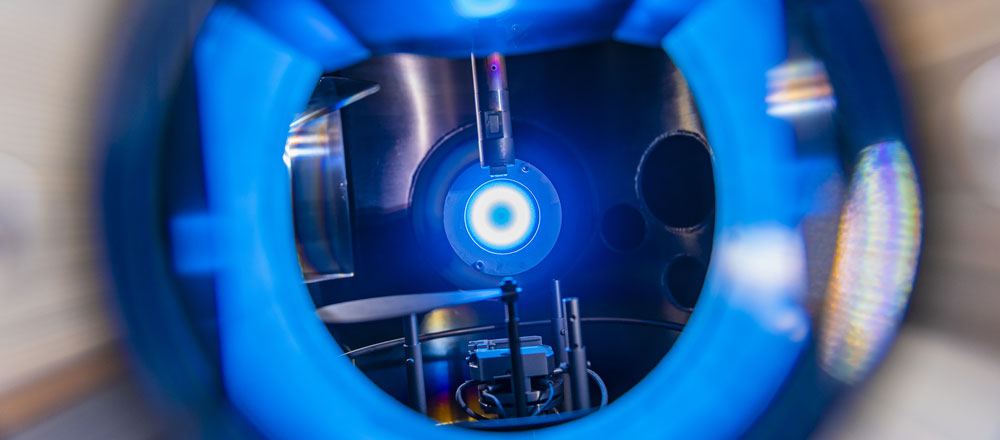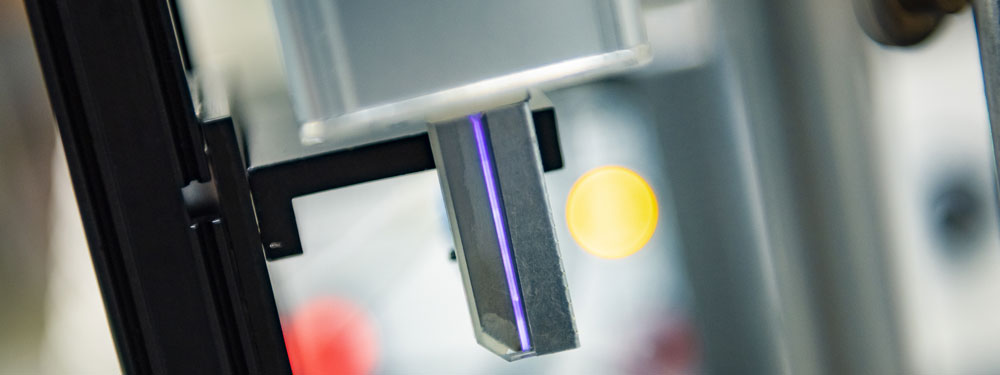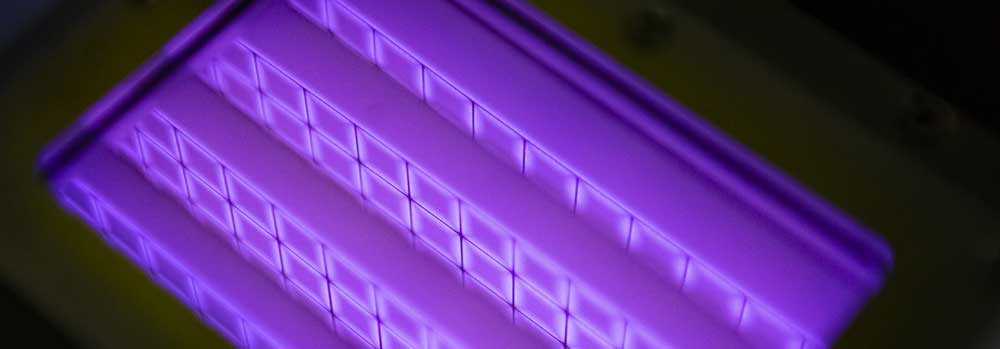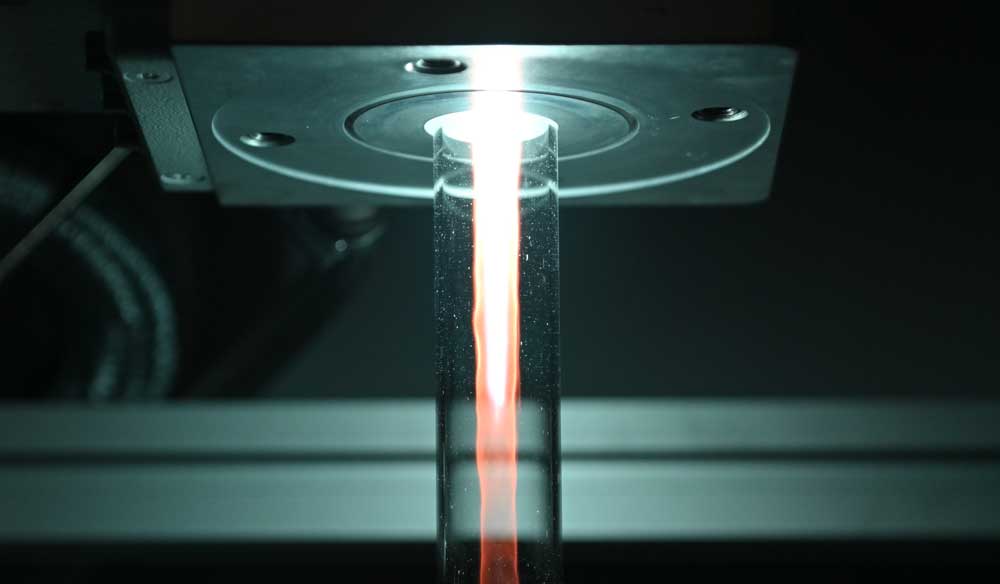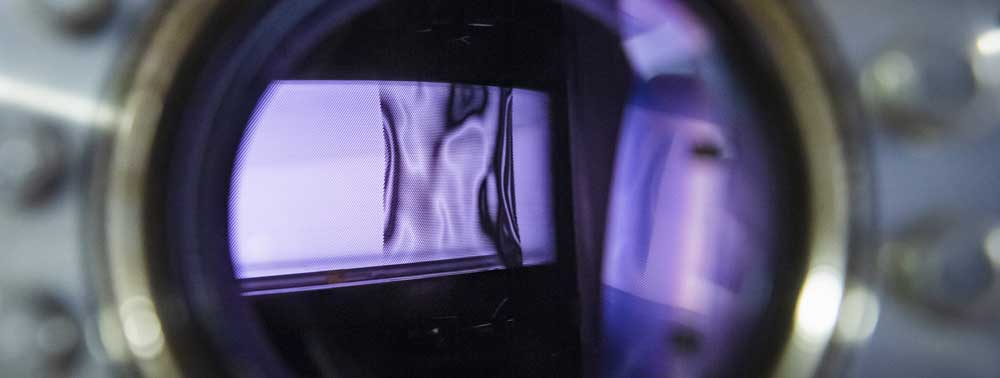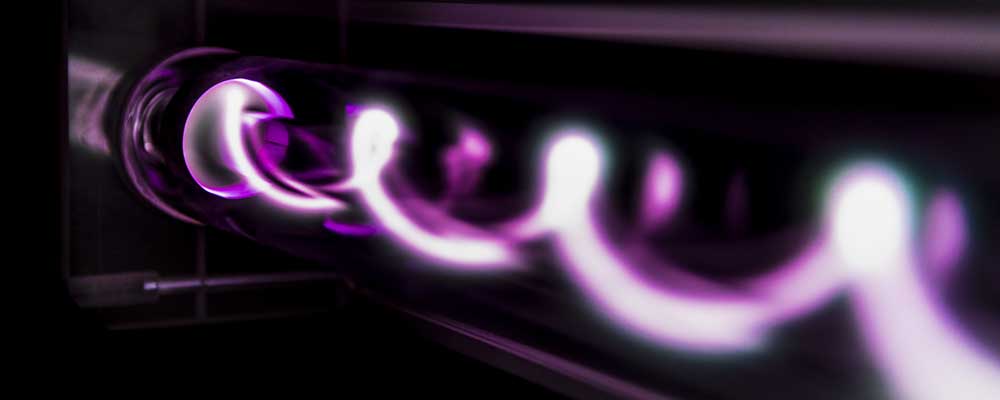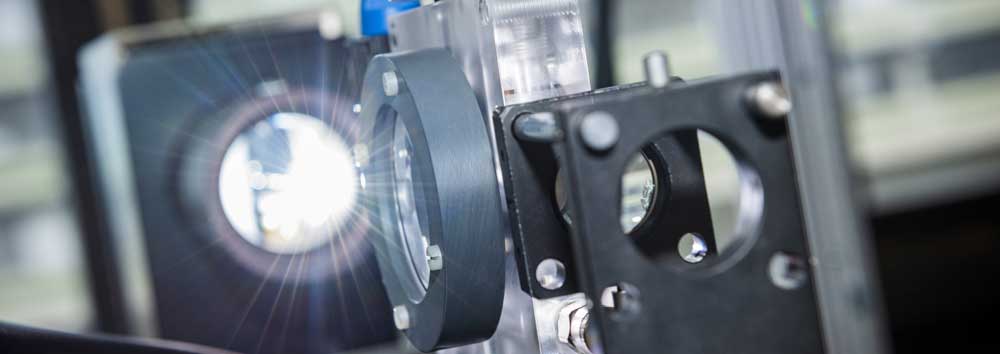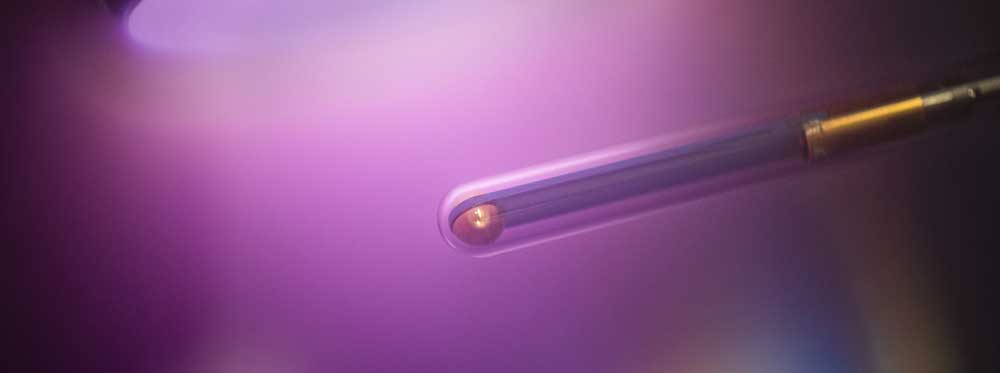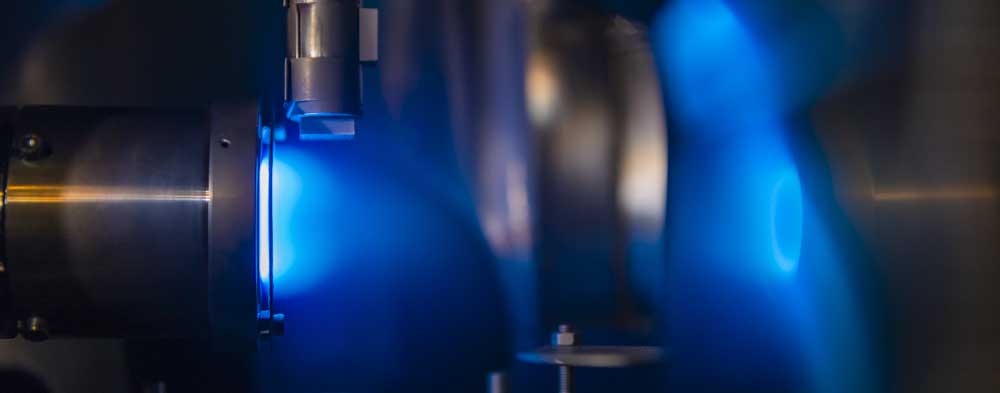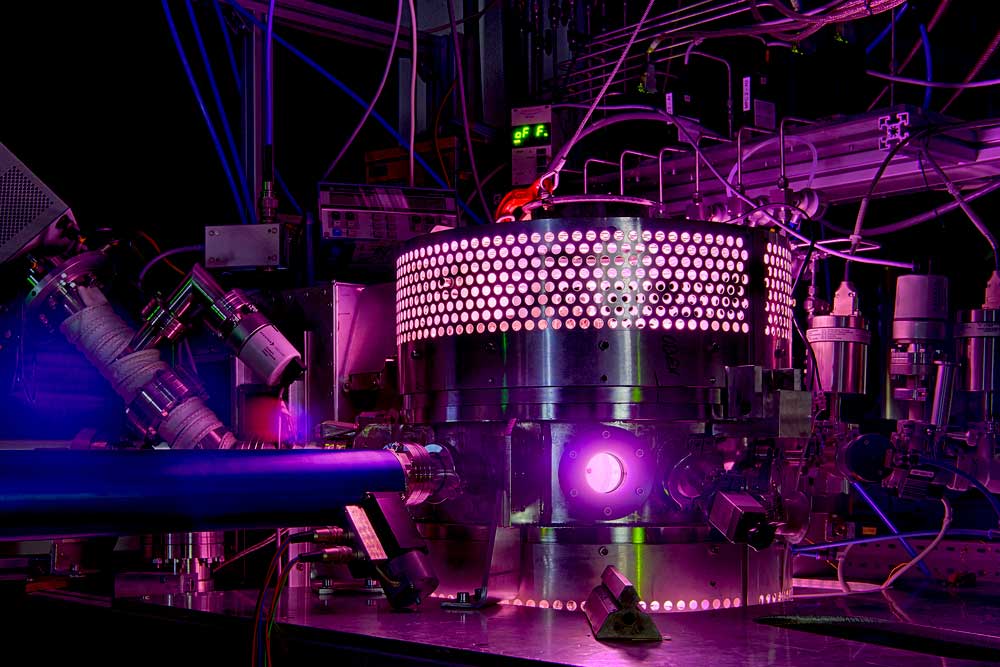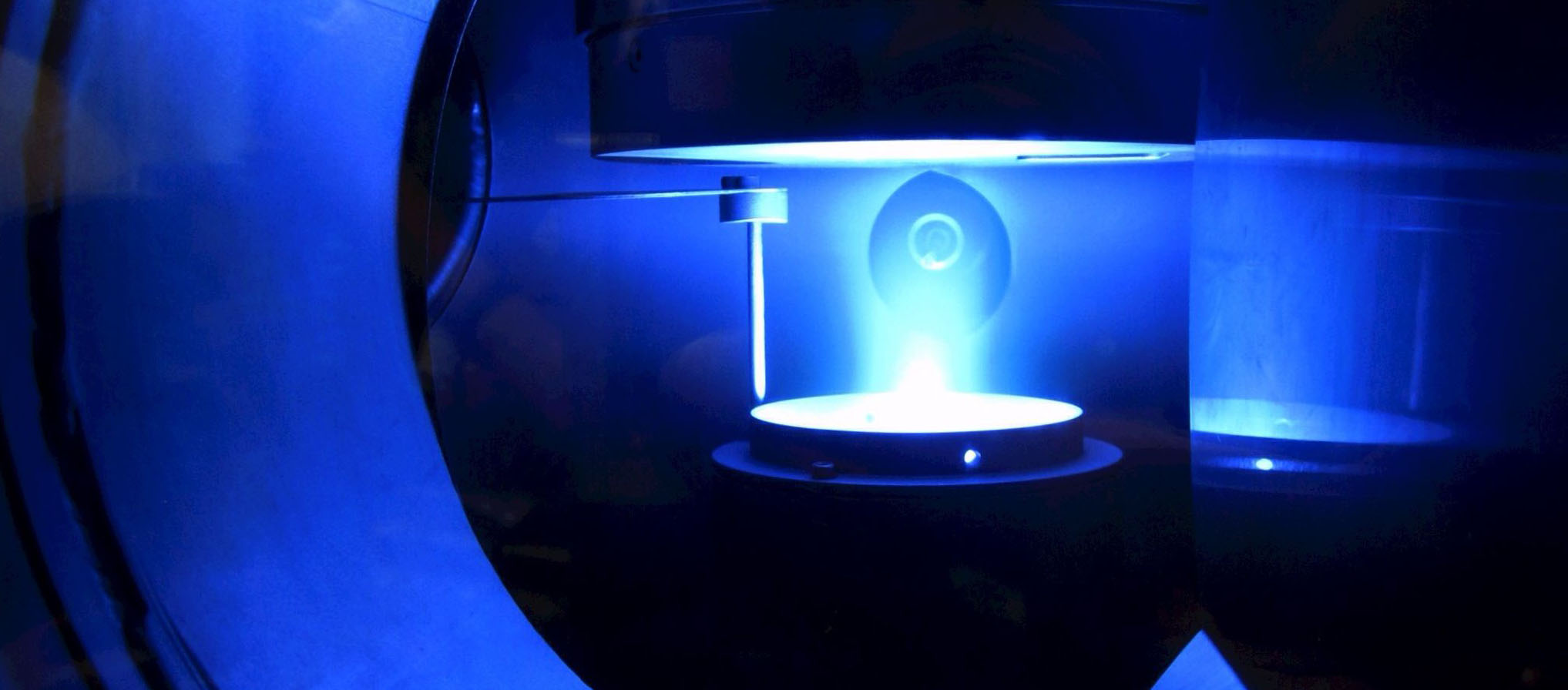A3 - Plasma SourcesPlasma Bullet JetA plasma bullet jet is developed to monitor post-plasma |
- Details
Meeting
CRC annual meeting in Hamminkeln
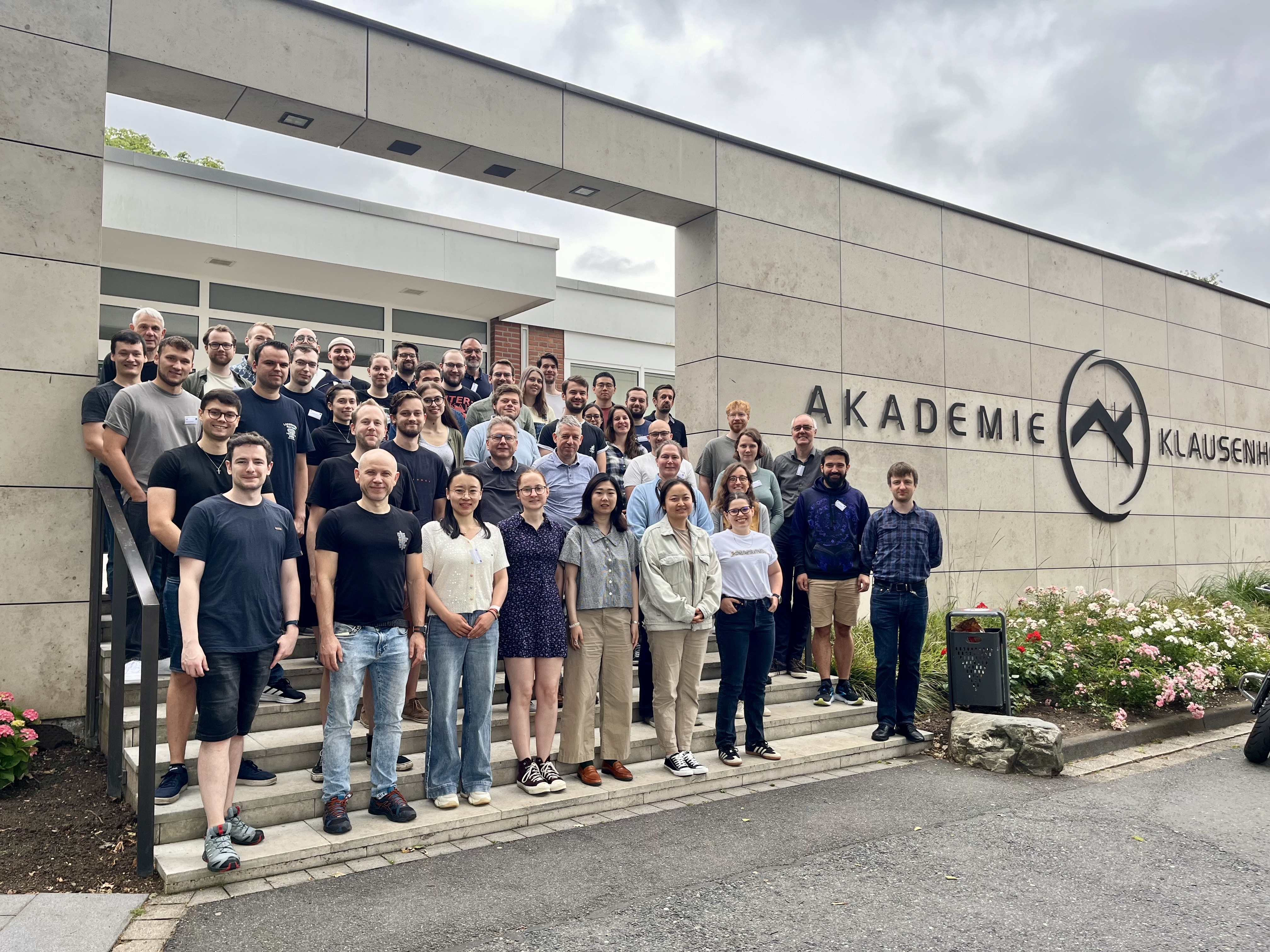 Building on the success of last year, this year’s general assembly of CRC 1316 once again took place in Hamminkeln-Dingden.
Building on the success of last year, this year’s general assembly of CRC 1316 once again took place in Hamminkeln-Dingden.
Over the course of three days, the CRC 1316 members discussed recent results and especially focussed on the upcoming scientific work.
The overwhelmingly positive feedback highlights the importance of this annual gathering in fostering scientific dialogue and advancing collaborative research.
- Details
Workshop
RDM Workshop
 From May 12 to 13, the 4th Workshop on FAIR Data in Plasma Science (FDPS-IV) took place online and in-person at the Leibniz Institute for Plasma Science and Technology (INP) in Greifswald, Germany. This workshop was a continuation of annual events on research data management in the low-temperature plasma community. Ranging from general presentations on frameworks for research data management and the creation of suitable ontologies towards hands-on examples on the use of electronic lab books during student’s practical exercises, recent developments within the field have been discussed. This workshop provided a valuable platform to exchange experiences and ideas on future implementations, .as research data management following the FAIR-principle (findable, accessible, interoperable, reusable) becomes more and more important within the community. In particular the use of an electronic lab book has been topic of several contributions. Thanks to the organizers Marina Prenzel (RUB), Andreas Schramm (RUB), Markus Becker (INP) and Kerstin Sgonina (CAU Kiel) for this valuable opportunity to exchange expertise.
From May 12 to 13, the 4th Workshop on FAIR Data in Plasma Science (FDPS-IV) took place online and in-person at the Leibniz Institute for Plasma Science and Technology (INP) in Greifswald, Germany. This workshop was a continuation of annual events on research data management in the low-temperature plasma community. Ranging from general presentations on frameworks for research data management and the creation of suitable ontologies towards hands-on examples on the use of electronic lab books during student’s practical exercises, recent developments within the field have been discussed. This workshop provided a valuable platform to exchange experiences and ideas on future implementations, .as research data management following the FAIR-principle (findable, accessible, interoperable, reusable) becomes more and more important within the community. In particular the use of an electronic lab book has been topic of several contributions. Thanks to the organizers Marina Prenzel (RUB), Andreas Schramm (RUB), Markus Becker (INP) and Kerstin Sgonina (CAU Kiel) for this valuable opportunity to exchange expertise.
- Details
Conference
CRC1316 presents at ISPC 26
 Seven researchers from the CRC1316 presented their results at the international symposium on plasma chemistry ISPC 26 in Minneapolis 15.6.-20.6.2025. The contributions included one invited lecture, 4 oral presentations, and one poster. The conference offered the possibility to interact with the peers in the community and to exchange new ideas and identify new trends.
Seven researchers from the CRC1316 presented their results at the international symposium on plasma chemistry ISPC 26 in Minneapolis 15.6.-20.6.2025. The contributions included one invited lecture, 4 oral presentations, and one poster. The conference offered the possibility to interact with the peers in the community and to exchange new ideas and identify new trends.
- Details
Public Relations
Plasma Science for the 21st century - CRC1316 presents its goal to the National Teachers Congress
The 115th MNU congress took place in Bochum 1st-4th of May 2025. Judith Golda and Achim von Keudell presented a lecture on plasma science of the CRC1316 in combination with a few experiments from the plasma truck portfolio. A large audience was impressed and inspired by the enormous range of applications of plasmas.
- Details
PUBLIC RELATIONS
High school student interns at EP2
 From 9th to 11th April, two high school students were guests at the Chair of Experimental Plasma Physics. They experimented with the sputter coater, gained insight into current plasma research at the Ruhr-Universität and observed scientists at work.
From 9th to 11th April, two high school students were guests at the Chair of Experimental Plasma Physics. They experimented with the sputter coater, gained insight into current plasma research at the Ruhr-Universität and observed scientists at work.
- Details
Conference
Plasma Rolduc
 The CRC1316 contributed to the newly started joint conference ''Plasma Rolduc''. This 1st “Plasma Rolduc” conference, short for “NNV Plasma Physics Symposium Rolduc”, is part of a new conference series that revives and combines two series of 2-day annual plasma physics meeting in The Netherlands: the series in Lunteren (NNV Section meeting), and the one in Rolduc (WELT-PP). The one in Lunteren united all groups in the Netherlands active in plasma physics, including Fusion. The one in Rolduc concentrated on low-temperature plasma physics, but did include the nearby groups in Germany and Belgium. The COVID pandemic has disrupted both meetings, but the field is back on track with a strong, larger conference now at Rolduc covering a broad range of plasma physics research in the groups in the Netherlands, Belgium, and Germany.
The CRC1316 contributed to the newly started joint conference ''Plasma Rolduc''. This 1st “Plasma Rolduc” conference, short for “NNV Plasma Physics Symposium Rolduc”, is part of a new conference series that revives and combines two series of 2-day annual plasma physics meeting in The Netherlands: the series in Lunteren (NNV Section meeting), and the one in Rolduc (WELT-PP). The one in Lunteren united all groups in the Netherlands active in plasma physics, including Fusion. The one in Rolduc concentrated on low-temperature plasma physics, but did include the nearby groups in Germany and Belgium. The COVID pandemic has disrupted both meetings, but the field is back on track with a strong, larger conference now at Rolduc covering a broad range of plasma physics research in the groups in the Netherlands, Belgium, and Germany.
- Details
Conference
DPG Göttingen 2025

The CRC 1316 participated in the spring conference with three invited talks, numerous oral presentations and poster presentations. With these contributions, we presented the CRC research as well as we exchanged our knowlendge with other scientists in the field. Several fruitful discussions opened up the way for new ideas and future cooperations.
- Details
Workshop
Announcement for the 4th Workshop on FAIR Data in Plasma Science
We are happy to announce the 4th Workshop on FAIR Data in Plasma Science (FDPS-IV), which will take place online and in-person on
12-13 May, 2025 at the Leibniz Institute for Plasma Science and Technology (INP) in Greifswald, Germany.
This workshop is intended to provide an overview of successful solutions for collaborative research data management with the goal to make data findable, accessible, interoperable and reusable (FAIR). It is a continuation of annual events on research data management in the low-temperature plasma (LTP) community in the past years. Open for everyone, the FDPS-IV workshop provides insights into best practice in day-to-day research work as well as infrastructure tools for handling of research data. To even broaden the discussion on future applications, a poster session will be held in-person.
Call for poster contributions
Researchers, data managers, and practitioners are invited to contribute to the discussion with a poster on their solutions on research data management. Submissions that highlight real-world experiences, best practices, and insights related to the integration of FAIR principles into research workflows are encouraged.
Registration
The workshop will be held as a hybrid meeting and participation is free of charge. Please save the date and register by following the registration link on the workshop website: https://www.plasma-mds.org/ws-fair-data-plasma-science-4.html.
Poster contributions must be submitted during the registration process. Please note that the attendance in person at INP and the number of poster spaces is limited, so early registration is encouraged to secure your spot (max. DIN A0, portrait format).
The registration will be closed on 4th May, 2025.
Contact
The workshop organization is part of the activities of the working group Experimental Plasma Physics at the Kiel University (CAU), the INF project of the CRC 1316 at the Ruhr-University Bochum (RUB) and of the department Plasma Modelling and Data Science at Leibniz Institute for Plasma Science and Technology (INP).
Dr. Markus Becker
Leibniz Institute for Plasma Science and Technology (INP)
Felix-Hausdorff-Str. 2
17489 Greifswald
Germany
E-mail:
- Details
 Meeting
Meeting
PI meeting
To discuss the next steps on collaborations and to prepare the proposal for the next funding period, the principal investigators (PIs) came together for an intense meeting on the 5th and 6th of March at Beckmanns Hof, Ruhr-Universität Bochum. During 1.5 days, the actual status of the individual projects has been presented and collaborations with other projects have been pointed out. Fruitful discussions led to a common mind to face the upcoming challenges.


